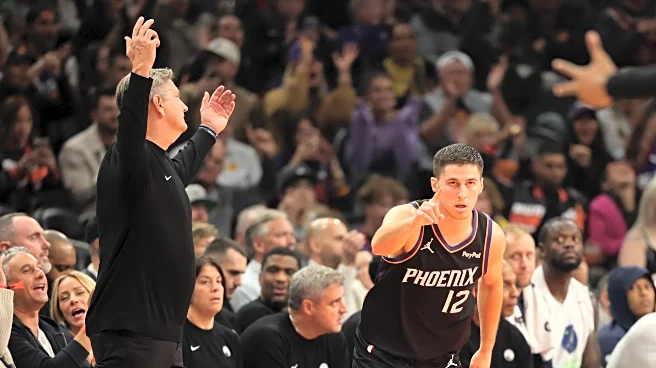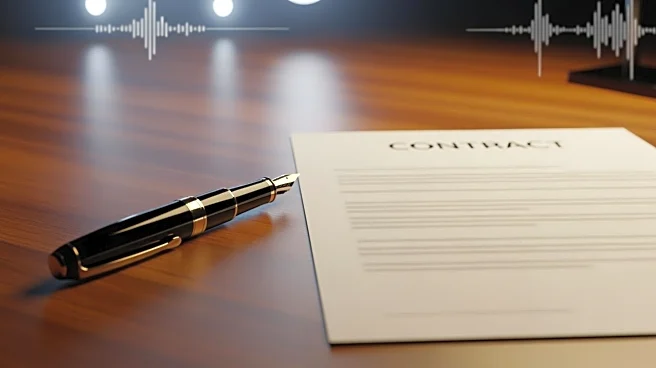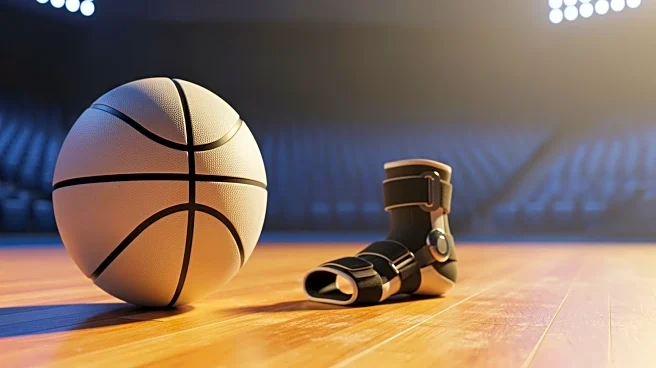With 55 seconds left in Friday night’s game against the Phoenix Suns, everything was looking great for the Minnesota Timberwolves. The Wolves were in control of the game, and it appeared they were about to get their first win against a team above .500, which would have brought Minnesota’s record on the season to 11-5, including 3-0 in NBA Cup play.
The Timberwolves had outscored the Suns 64-43 to that point in the second half, including a 9-1 run that started with the game tied at 104 with 2:40 left
in the game, and ended with the Wolves up by eight points.
When the Suns dribbled across halfcourt and got into their offense, there was less than a minute left in the game. NBA teams typically win 99.7 percent of games in which they are up by eight points with 55 seconds remaining in the game, according to inpredictable.com.
By the end of the night, the Timberwolves found themselves part of that 0.3 percent, as after a myriad of brutal turnovers, mental mistakes, and missed opportunities, the Wolves fell to the Suns 114-113.
It all started after Dillon Brooks missed a contested 3-pointer and Royce O’Neal swooped in to grab the offensive rebound and put the ball back in the basket, cutting the Wolves’ lead to six.
On the play, Anthony Edwards is watching the ball, loses track of his responsibility, O’Neal, and gives up what should have been a fairly routine defensive rebound. If Ant avoids the mental lapse, blocks out his assignment, and grabs the rebound, the Wolves almost certainly win the game, as their win probability would have been 99.9 percent.
On the next play, Edwards had the chance to easily make up for the mistake. If he simply inbounds the ball, it leaves Phoenix with the choice of either fouling or letting the possession play out, where Minnesota could have sat on the ball and run the clock down to under 30 seconds. In either scenario, the Wolves
Instead, Ant compounds his first error, turning the ball, trying to find Donte DiVincenzo. The Suns immediately capitalized with a 3-pointer from Jordan Goowin to cut the Minnesota lead to just three.
Even with back-to-back brutal error from Edwards, the Wolves’ chances to win the game were still incredibly high. There were 40 seconds left, and they had possession of the ball to go along with a three-point lead. NBA teams have won 94.8 percent of the time.
All the Wolves had to do was either score a basket, which would have more or less sealed the game, or take up the entire shot clock, leaving the Suns a single possession to at most tie the game. What happened instead was the one thing you couldn’t do, a live ball turnover. Julius Randle drove into traffic and got the ball stripped, which led to a Suns dunk on the other end.
Even after all of that, the Timberwolves still held a one-point lead with 21.4 seconds left. They were still an 80.4 percent favorite to win the game. After yet another Randle turnover and a Brooks offensive foul that was reviewed and upheld, Edwards went to the line with a chance to put the Wolves up by three.
Instead, it was Edwards’ third costly sequence as he missed both free throws, and the Suns now had the ball with a chance to take the lead. Minnesota’s win probability now stood at 63.9 percent, likely needing just a single stop on defense to put the game away.
The Wolves could not get that stop as Collin Gillespie hit a floating jump shot to put the Suns up by one. The win probability was now at 30.8 percent, which would quickly fall to zero after Randle’s shot came up short at the buzzer.
Unfortunately, none of the Timberwolves beat contingent were there as travel budgets have shrunk across sports media. If any Timberwolves media members were there, head coach Chris Finch likely would have been asked about the multitude of blunders from not just the players, but by himself and the coaching staff as well.
Curiously, Jaylen Clark, who has been a menace on the defensive end, was not on the court for the final defensive possession of the game. Finch had the presence of mind to bring in Joe Ingles to inbound the ball on the previous possession to inbound the ball when Ant was sent to the line, but either forgot or decided not to bring in Clark for the final defensive possession. The mistake gets worse in retrospect when the game-winner gets made over DiVincenzo, the player that Clark likely would have taken the place of if he were in there.
Finch also could have done a better job managing the team’s timeouts. The Wolves were out of timeouts on the final play, making it incredibly difficult to get a good shot off with just 6.4 seconds to go the length of the floor. The Wolves used the first of their two timeouts just after the two-minute mark to save a possession after a loose ball. The second timeout was used with 18.7 seconds left to advance the ball.
It is hard to criticize the usage of the first timeout, as it immediately led to a Jaden McDaniels bucket. The usage of the second timeout for the sole purpose of advancing the ball before the Suns intentionally fouled is a bit more dubious, although the Wolves had turned it over on their previous two backcourt inbounds.
Instead of being asked about any of that, Finch’s postgame press conference ended up lasting about 30 seconds, with only two questions being asked.
To put into perspective how brutal the late-game collapse was, NBA teams that were trailing by eight or more points within the final minute of the game had not won a game in regulation in their last 3,060 tries dating back to January of 2022, according to the NBA on X.
Whenever a team collapses in such a dramatic manner, it is easy to point to the team’s leaders and say they need to take responsibility and step up when the team is falling apart. In this case, those leaders are the ones who were at fault for what was an embarrassing minute of basketball. The trio Edwards, Randle, and Finch all made mistakes that directly led to the outcome of the game.
Edwards was sensational through the first 47 minutes of the game, scoring an efficient 41 points, which carried the Wolves into the lead. Ant was also the biggest individual culprit for the collapse. It’s difficult to give Edwards the benefit of the doubt for the lapses in the final minute of the game when he’s coming off a pair of games as unproductive as you’ll see from a superstar, including a lifeless performance on Wednesday against the Washington Wizards.
Edwards will make anyone who criticizes him look silly. Ant has the ability the quickly fix any area where people may feel he is lacking, and do so in incredible fashion. Right now, though, the Timberwolves need more from Edwards than they’ve gotten this week. If the Wolves want to reach their loftiest of goals this season, they need their young, up-and-coming franchise player to become a fully realized NBA superstar who is far more consistent night to night and quarter to quarter.
The same goes for Randle and Finch as well, who have both been shutting up the doubters their entire time in Minnesota. Randle, who is having the best year of an already stellar career, can’t turn the ball over twice in the final minute of a close game, including a live-ball one in the worst possible spot. Finch, who has led the franchise to consistent playoff success not thought possible in this market, needs to put his players in better spots to succeed late in games, including making sure one of the team’s best defenders is out there when they need a stop.
Ultimately, it is just a single regular-season game, but the Wolves’ on-court leadership of Edwards, Randle, and Finch needs to be better than they were Friday night in Phoenix.


















